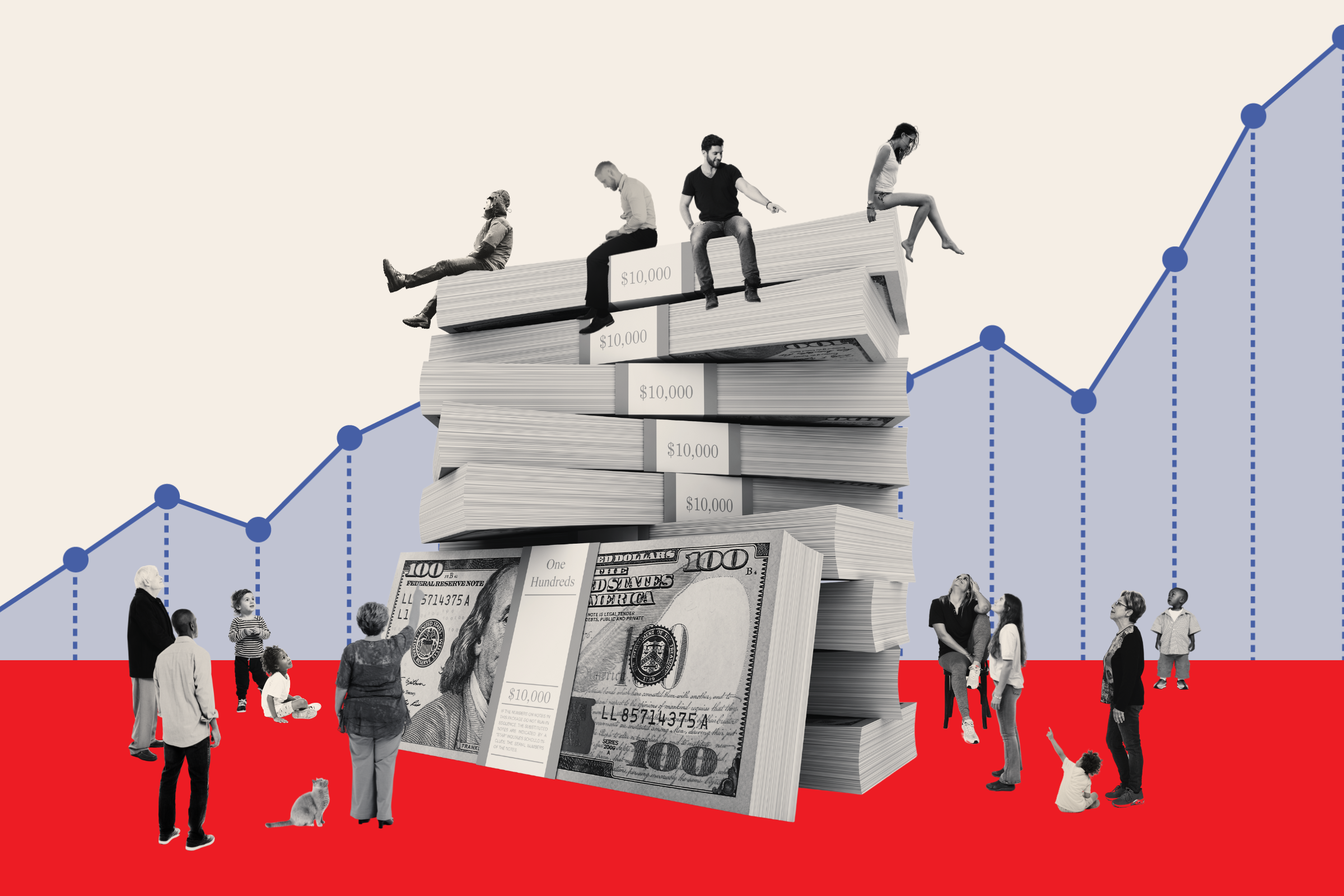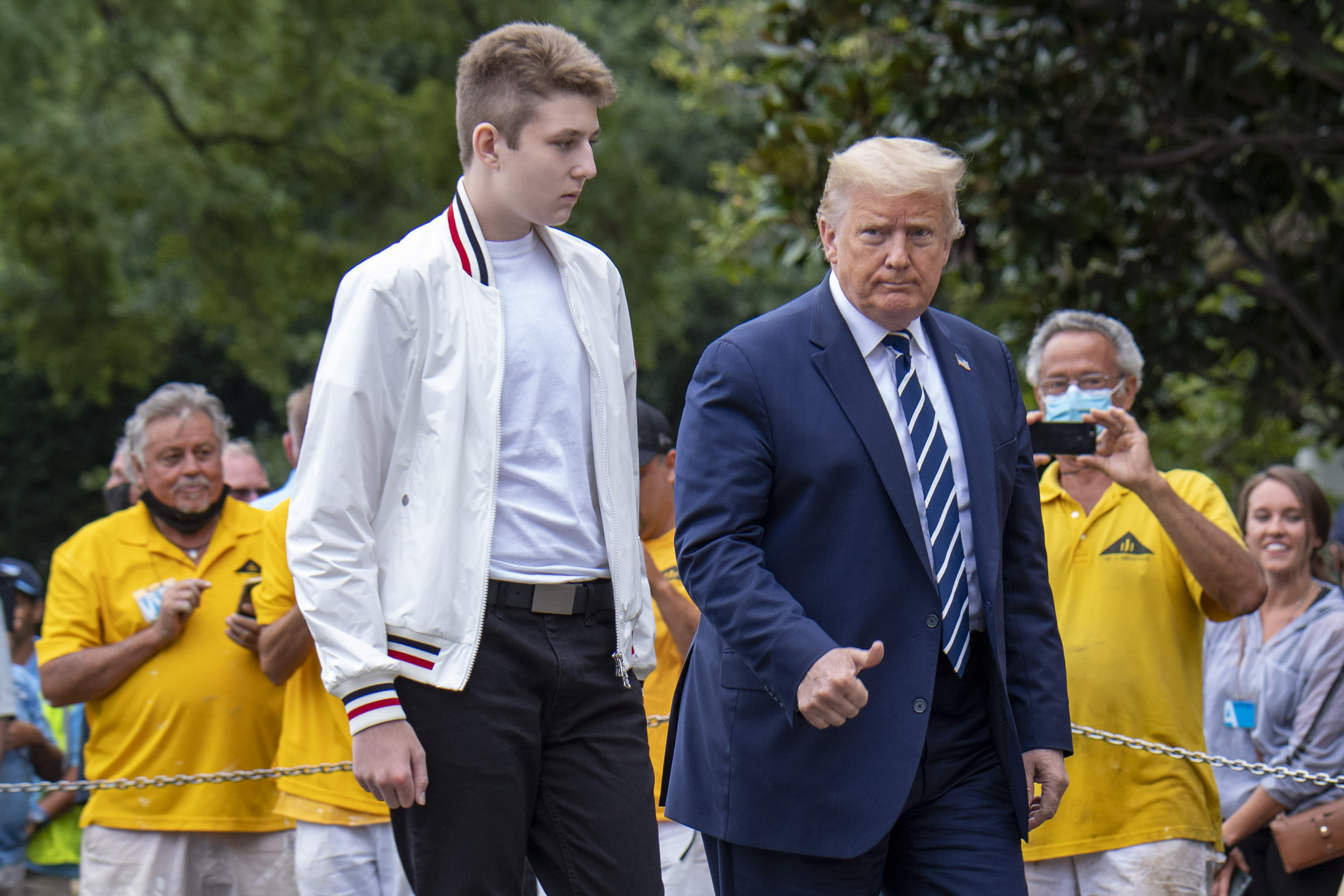British electro-alterna-hip-hop artist M.I.A. is the talk of the Net with her ultraviolent music video "Born Free," in which ginger folk are rounded up for mass assassination by the U.S. military. If you haven't seen it by now, you've heard about it—and if you haven't heard about it, you need better Facebook friends. But while "Born Free" might seem novel—how many music videos center on redheaded genocide?—it's actually part of a growing trend: the return of the "event" video. Not since the days of Michael Jackson's Thriller have music videos been so long, cinematic, and conversation-worthy. But why? Five reasons that long-windedness is back, baby.
1. Because the music industry is all about "value added." It's now accepted that the practice of purchasing music contained on objects is in an inexorable decline. Still, the industry isn't ready to wave the white flag, and has tried to make physical albums more beguiling via overhauled packaging. Deluxe jewel cases or sheaths, band interviews, live tracks, demos and kitted-out liner notes are all standards today in the sexy "bonus feature" grab bag. The same concept now applies to the music video. Viewers are no longer perusing the latest releases when they spin the dial past MTV or VH1—music networks that barely play music anymore. Instead, they're seeking out videos online by Googling the artist, finding the link, and sitting through a 15-second ad for Dove shower gel before the title credits come up. To justify that obstacle course, the video had better be good. Over-the-top, offensive, absurdist offerings like "Born Free" rationalize the effort at the very least—even if they kinda bug you in the end.
2. Because the visual pop artist is all the rage again. Thanks to the ascendance of Lady Gaga, it's now cool again to be an artist who cultivates an elaborate visual identity to augment the musical output. Sure, plenty of bands and musicians hire stylists to meticulously plan an image, but to achieve larger-than-life pop-icon status requires more ambition—namely, the marriage of music and visuals in surprising ways. Say what you will about Gaga's "Telephone" video, or its spiritual cousin, Beyoncé's "Video Phone," but you'll say something after you watch them. That's what good music video does: elicit a strong reaction, regardless of what it is. The new school of pop icons is once again utilizing video as a tool, just as Michael Jackson and Madonna did before them.
3. Because it doesn't have to cost $7 million. Back before Apple and the MP3 eroded the power of wealthy labels, event videos were massive, costly spectacles, helmed by a pricey director wielding pricey new technology. The classic example is Michael Jackson's "Scream," which really did cost $7 million. But thanks to the democratization of video-sharing sites—where "David After Dentist" is as worthy of views as anything else—a clip doesn't have to have a huge budget to have a huge impact. Erykah Badu's video for "Window Seat" didn't require a large investment of anything other than chutzpah: she disrobes in slow motion before an audience of passersby. There's just as profound a return on investment in Mia Doi Todd's clip for "Open Your Heart" (directed by Michel Gondry, reigning king of short-form ingenuity), which doesn't appear to have involved much more than an army of game extras and many yards of vivid fabric. And Beyoncé's "Single Ladies" won awards on the strength of its visual thriftiness.
4. Because MTV as we knew it is dead. Ladies and gentlemen, MTV—the Music Television network that used to play music videos. Remember those days? Neither do we: the network's shift from a round-the-clock video lineup to a slate of primarily reality TV started with The Real World, and completed a transition in November 2008, when video-centric Total Request Live went off the air. These days, between The City, Jersey Shore, The Hills, and True Life: I'm Hustling in the Hamptons, it seems as if MTV would rather air anything other than a full block of music vids. And if there's no longer a single venue to corral the latest hits, any single video has to be powerful enough to force all of cyberspace to recede behind it. Cue the mass genocide of overweight folks with red hair.
5. Because turgid, political faux-meaningfulness is the key to stardom. As Madonna always says, she didn't become a singer because she has the best voice—she became an icon because she had something to say. So it is among today's pop stars, for whom Madonna is a deity: It's not enough to have a smattering of hits on the Billboard Hot 100. You have to have something Important and Serious to say about society and politics—even if it doesn't make sense. Cue up "Telephone" again, about halfway through, when Gaga says to Beyoncé, "You know what they say, once you kill a cow you gotta make a burger." Meaning ... what, exactly? Oh, right: "Telephone" is a a Quentin Tarantino–vetted commentary "on the kind of country that we are," both socially and politically (again, Rilke-tatted Gaga's words here). Really? We thought "Telephone" was about not getting cell service in a nightclub basement. Our bad.
Uncommon Knowledge
Newsweek is committed to challenging conventional wisdom and finding connections in the search for common ground.
Newsweek is committed to challenging conventional wisdom and finding connections in the search for common ground.
About the writer
To read how Newsweek uses AI as a newsroom tool, Click here.






